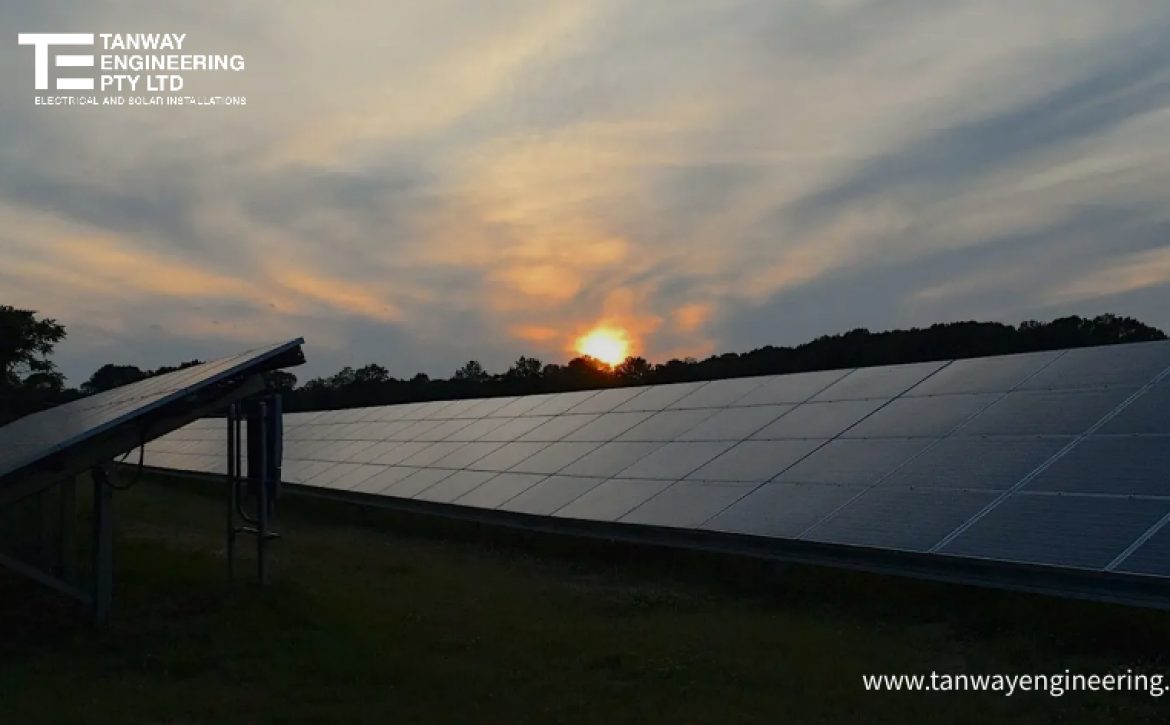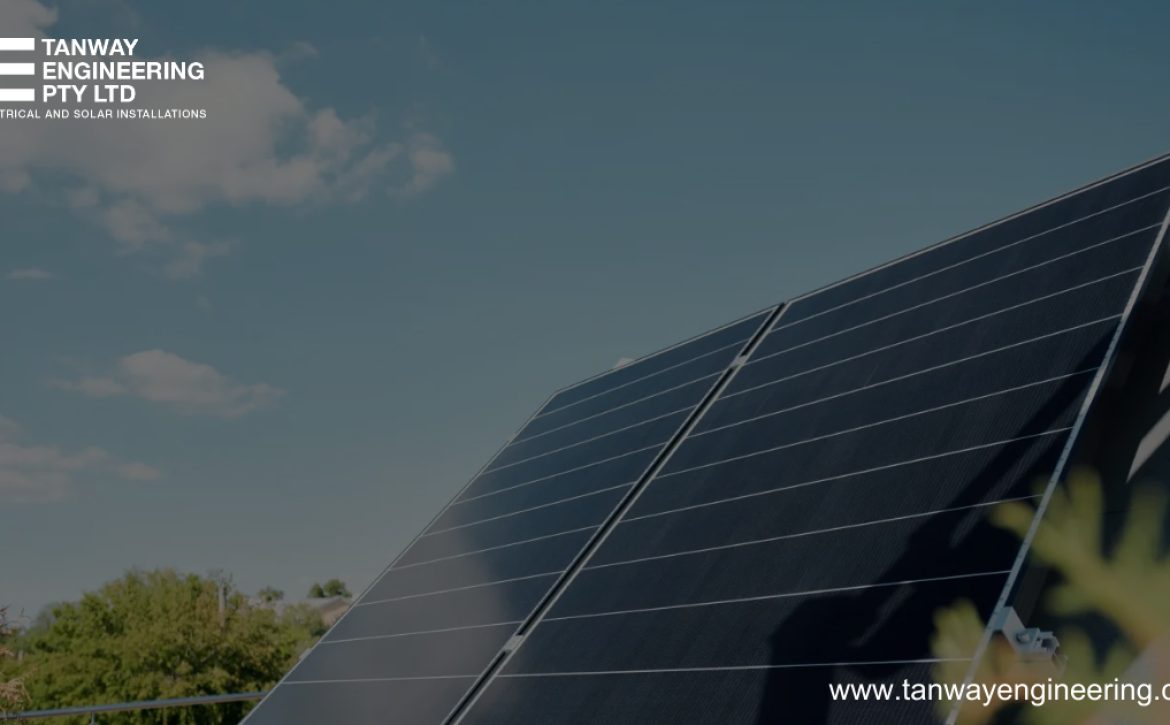How to Calculate the ROI of Your Solar Panel Installation
In the pursuit of sustainable living and cost-effective energy solutions, solar panel installations have become increasingly popular. While the environmental benefits are evident, many individuals and businesses are also keen on understanding the financial return on investment (ROI) associated with solar power. In this blog, we will delve into the key steps and considerations to help you calculate the ROI of your solar panel installation.
Assess Your Energy Consumption:
Before diving into the financials, it’s crucial to have a comprehensive understanding of your current energy consumption. Review your utility bills to determine your average monthly and annual electricity usage. This data will serve as the foundation for calculating the potential savings and ROI of your solar investment.
- Determine Solar Panel System Cost:
The cost of a solar panel system depends on various factors such as the size of the installation, the type of panels, and additional components like inverters and batteries. Obtain quotes from reputable solar installation companies and factor in any potential government incentives or rebates that may be available.
- Estimate Energy Production:
Solar panels generate electricity based on the amount of sunlight they receive. Geographic location, roof orientation, and shading can impact energy production. Utilize online solar calculators or consult with a solar professional to estimate the annual energy production of your solar panel system.
- Calculate Savings on Electricity Bills:
Once you have an estimate of your solar system’s energy production, calculate the savings on your electricity bills. Consider the net metering policies in your area, which allow you to sell excess energy back to the grid or store it for later use. This will contribute to additional savings and enhance the overall ROI.
- Consider Incentives and Tax Credits:
Many governments offer incentives and tax credits to encourage the adoption of solar energy. Research and understand the available programs in your region. These incentives can significantly reduce the upfront costs of your solar panel installation, positively impacting the ROI.
- Factor in Maintenance Costs:
While solar panels are generally low-maintenance, it’s essential to consider any potential maintenance costs over the system’s lifespan. Be aware of warranties and ensure that you account for routine inspections or occasional repairs when calculating the overall ROI.
- Determine Payback Period:
The payback period represents the time it takes for the cumulative savings on electricity bills to equal the initial investment in the solar panel system. A shorter payback period implies a quicker ROI. Evaluate whether the payback period aligns with your financial goals and expectations.
Investing in solar panels not only contributes to a sustainable future but also offers substantial financial benefits. By carefully assessing your energy consumption, understanding installation costs, factoring in incentives, and considering ongoing maintenance, you can calculate the ROI of your solar panel installation. The transition to solar power is not just an investment in technology; it’s an investment in a cleaner, more sustainable, and cost-effective energy future.




